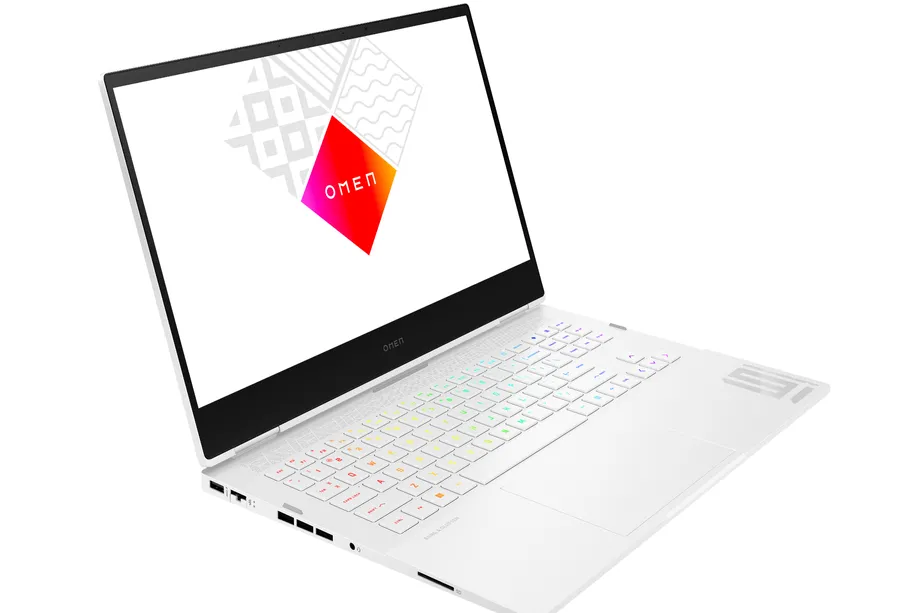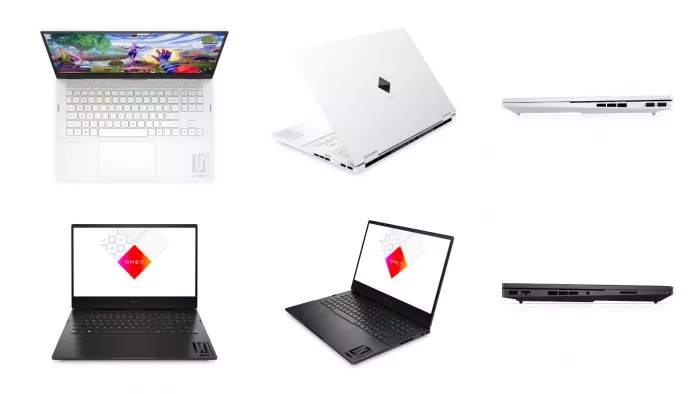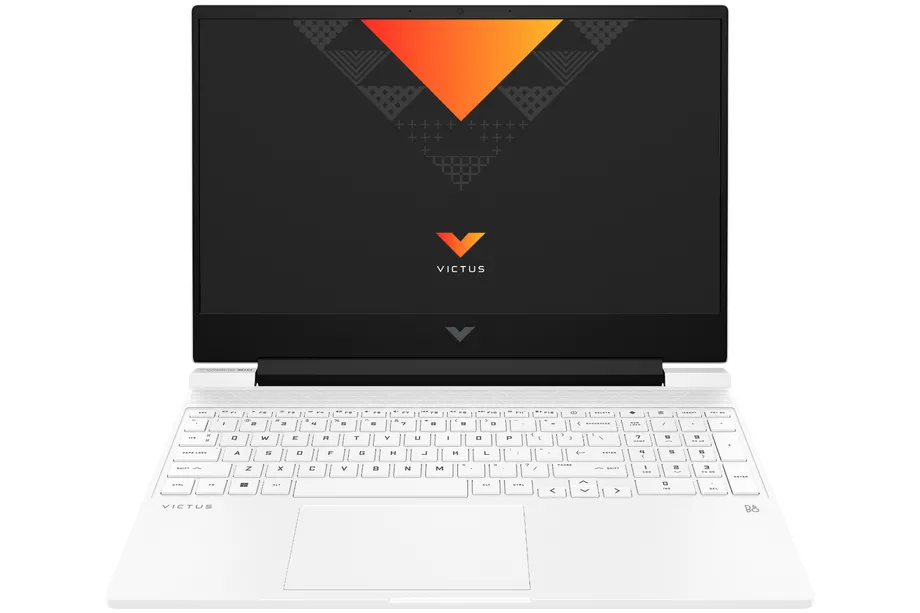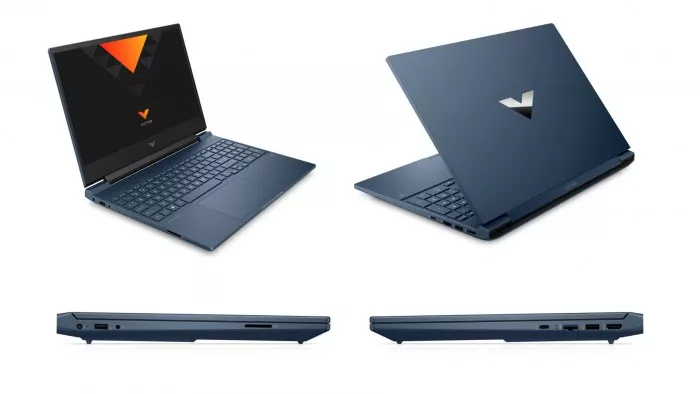HP announced some very minor updates to its omen 16 and victus 15 game notebooks. Like many other models, the new omen 16 supports the latest Intel 12th generation processors or AMD's ryzen 6000 H-series CPU. It also supports NVIDIA's RTX 3070 Ti with a maximum graphics power of 150W, as well as 32GB of ddr5 memory and fast PCIe 4.0 solid state drive.

In terms of size, this year's omen 16 is the same as the 2021 model in thickness, width, depth and height, accurate to millimeters. However, one notable change is that its touch pad is now wider. Unfortunately, this model still uses a 16:9 aspect ratio display with a large chin near the hinge of the fuselage. Moreover, like last year's omen 16, it defaults to the FHD 60Hz panel, but you can add money to upgrade to the QHD 165hz display option.

If you choose an Intel based machine, the I / O selection will include two thunderbolt 4 usb-c ports (AMD models do not support thunderbolt), as well as three usb-a ports, an HDMI 2.1 port, an SD card slot, an Ethernet jack, a headphone jack, and a power adapter port. The new omen will start at HP this summer COM and best buy, starting at $1199.99.

As last year, HP's mid-range victus 15 game laptop provides a low-cost and low-performance choice for those looking for products more affordable than omen. This year's model also does not focus on external changes (although HP has also increased the size of the touch pad), but focuses on updating the internal structure of victus 15, which supports Intel's core i7-12700h processor at the highest. However, it is puzzling that for AMD's choice, it can only be configured to the ryzen 7 5800h processor released last year. Although last year's victus model can be configured to NVIDIA's RTX 3060, it can only be up to 3050 Ti in 2022. Or, if you choose AMD processor, it can be equipped with radeon Rx 6500m graphics card. HP expects the victus 15 to be launched this summer at HP Com starts at $799.99.

I'm not sure why HP feels the need to make such small changes to its omen and victus product lines. There is nothing wrong with iterative hardware, but neither seems to move forward in a meaningful or unique way.